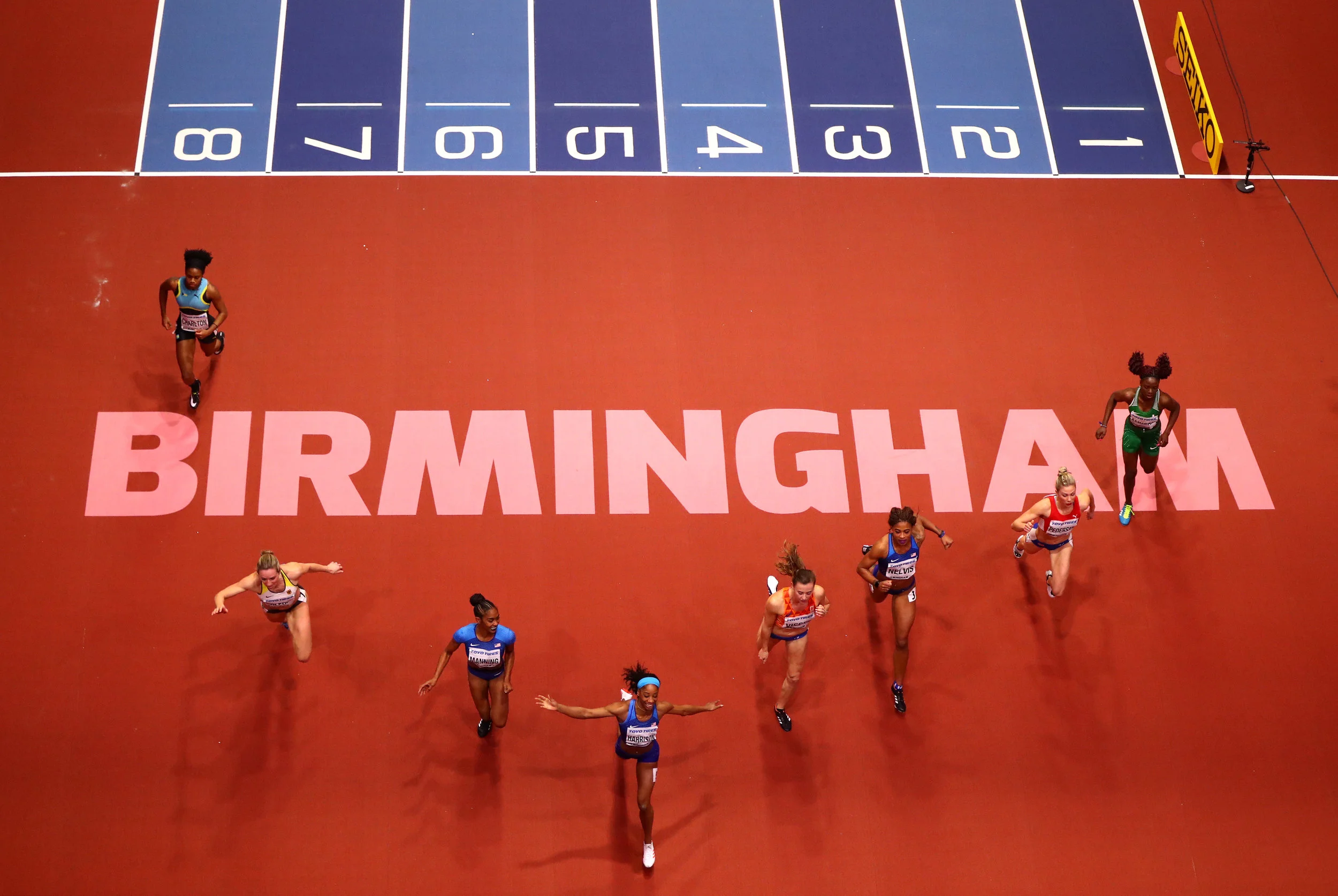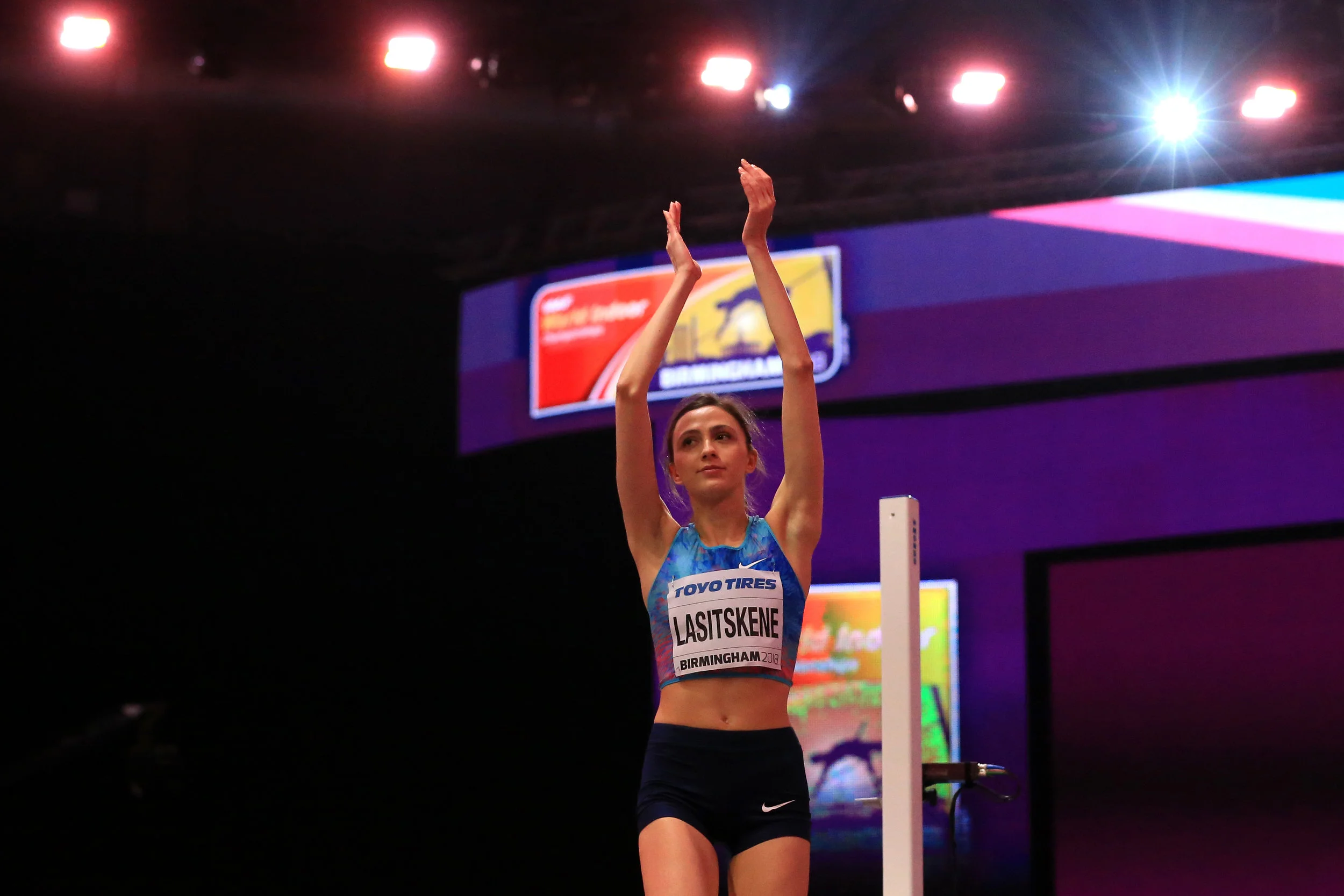A few days ago, the International Tennis Federation announced that Spencer Furman, a top player at Duke, had been cleared in a doping case leveled after he tested positive last September 9 in the qualifying draw of the Atlantic Tire Championships, an ATP challenger, in Cary, N.C.
Long story short: Furman was using a prescribed ADHD medicine “to help him concentrate while studying at university,” according to the ITF release. This medicine, Vyvanse, contained a stimulant, D-amphetamine, on the banned list. Oops. He applied for a retroactive Therapeutic Use Exemption.
When agreed by the World Anti-Doping Agency and the anti-doping agency at issue, a retroactive TUE may be granted “on the grounds of fairness.” WADA so agreed. The charge was dropped.
So?
So what?
Ladies and gentlemen, this is exactly — exactly — the fact pattern that got the sprinter Justin Gatlin a one-year suspension when he was a college kid at Tennessee in 2001.










